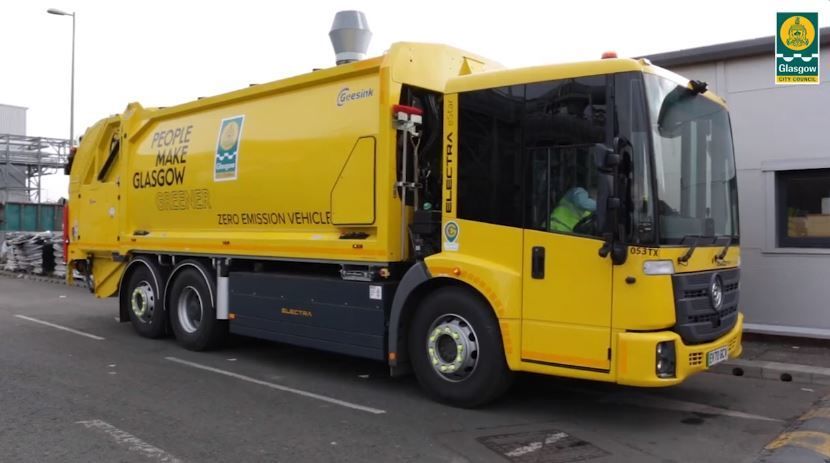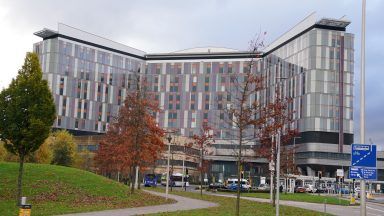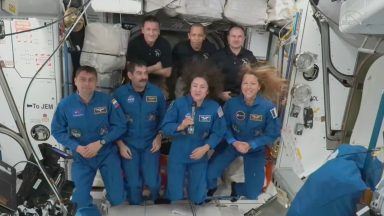One of the first fully electric bin lorries in Scotland is set to be introduced in Glasgow.
The vehicle, which is cheaper to run and easier to maintain than diesel lorries, will initially be deployed in the city’s southside, once driver training has been completed.
It will collect both general waste and dry mixed recycling, which can amount to between ten to 15 tonnes of paper, cardboard, plastic bottles and metal cans each day.
Charging points have been installed at all four of Glasgow’s main cleansing depots, with plans for the lorry to eventually be put to work in all parts of the city.
The new lorry was purchased with the support of a grant from Transport Scotland’s Switched on Towns and Cities Fund.
Assistance is also being provided by the fund for the Glasgow City Council to acquire new electric cars and vans, as well as installing electric vehicle charging infrastructure.
The council is seeking to create a fleet of zero emissions vehicles and plant equipment by the end of 2029.
As part of the strategy, the council has already taken delivery of over 300 electric cars and small vans.
A total of 20 dual fuel hydrogen gritters are also ready to be put into action during the winter months, while a further 20 hydrogen powered refuse vehicles are scheduled to be delivered to the council next year.
Councillor Anna Richardson said the delivery of the new lorry is evidence of the market responding to the city’s demand for cleaner and greener heavy vehicles.
“This is a fantastic vehicle that shows that our zero-emissions fleet strategy goes hand-in-hand with investment in our cleansing service,” she said.
“Our zero-emissions fleet strategy is a vital part of the city’s work to become carbon neutral by 2030 and has laid down a mark for other fleet operators to follow.
“The strategy was about sending a very strong statement to the market that Glasgow wanted to decarbonise its fleet of vehicles.
“With the arrival of our new electric bin lorry we have clear evidence the market is responding to Glasgow’s demand for cleaner and greener heavy vehicles.”
Richardson also outlined the benefits of the lorry being quieter than a traditional vehicle.
She added: “The specifications of the vehicle indicate the electric version will match the performance of the diesel equivalent and we will be looking very closely at this in the coming months.
“But it will be cheaper to run and easier to maintain, which is good news for our cleansing service.
“The vehicle is also quieter than a traditional vehicle and that is a definite plus for the environment in local communities.”
Follow STV News on WhatsApp
Scan the QR code on your mobile device for all the latest news from around the country


 Twitter
Twitter























